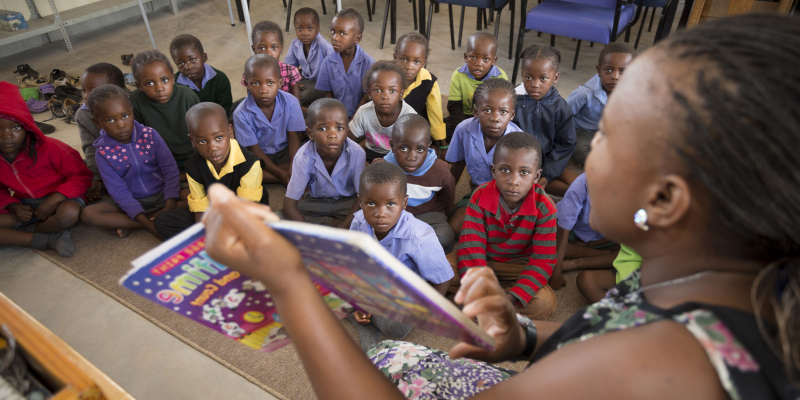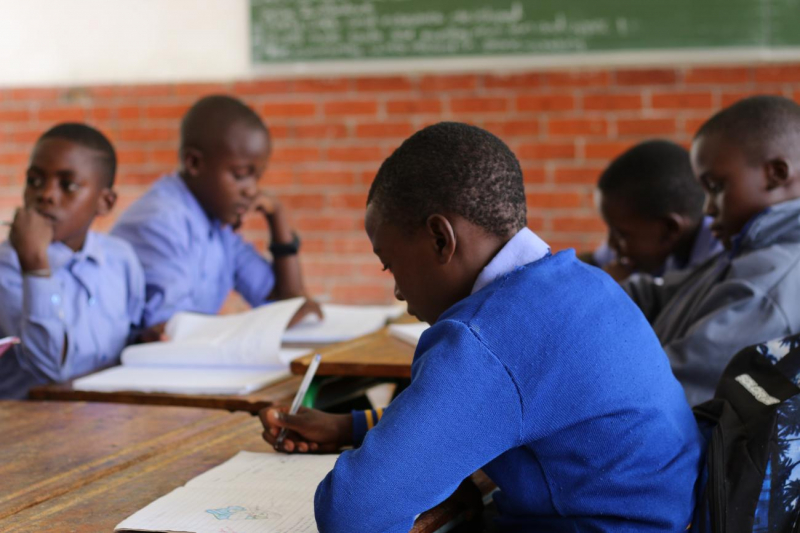Language
Despite its small population, Namibia is home to a diverse range of languages from several language families, including Germanic, Bantu, and Khoisan. When South Africa administered Namibia, Afrikaans, German, and English were all recognized as official languages. When Namibia gained independence in 1990, English was enshrined in the Namibian constitution as the country's sole official language. German and Afrikaans were stigmatized as having colonial overtones, whereas Mandela's Youth League and the 1951 Defiance Campaign popularized English as the language of the anti-apartheid campaign.
Other languages have gained semi-official recognition by being permitted to be used as a medium of instruction in primary schools. Private schools are expected to adhere to the same policies as public schools, and "English language" is a required subject. Some critics argue that, as in other postcolonial African societies, the push for monolingual instruction and policy has resulted in a high rate of school dropouts and individuals with limited academic proficiency in any language.
Furthermore, the majority of the white population speaks either German or Afrikaans. German is still used as a commercial language 107 years after the end of the German colonial era. The proximity to Portuguese-speaking Angola explains the relatively high number of Portuguese speakers, which was estimated to be 100,000 in 2011, or 4-5% of the total population.















